1962 Timeline
THE YEAR 1962 was marked by dramatic political escalations, cultural breakthroughs, and scientific achievements. In the United States, the Cold War reached a critical point during the Cuban Missile Crisis, while the UK saw continued decolonisation in the Commonwealth and the rise of a new pop culture era. Across the globe, the Space Race accelerated, Nelson Mandela faced charges in South Africa, and the first James Bond film thrilled audiences. This year also witnessed tragic losses, from aviation disasters to the death of literary icon William Faulkner. Below is a month-by-month timeline of the defining events of 1962.
Explore our newspaper archives to purchase your own authentic 1962 newspaper!
January
1 January: Western Samoa gained independence from New Zealand, becoming the first small-island country in the Pacific to achieve self-government.
2 January: The Beatles performed at Decca Studios in London for a now-infamous audition, which was rejected by the label.
Delve deeper into the story of The Beatles

10 January: NASA announced plans to build the C-5 rocket, later renamed the Saturn V, which would power the Apollo moon missions.
13 January: A military coup in Togo led by Lt. Col. Étienne Eyadéma resulted in the assassination of President Sylvanus Olympio.
22 January: The Organisation of American States announced its intention to suspend Cuba, citing its alignment with the Soviet bloc.
26 January: The United States launched Ranger 3, intended to land on the Moon, but the probe missed its target and drifted into space.
29 January: The first United States Navy SEAL teams were activated by order of President John F. Kennedy, marking the start of an elite era in special operations.
31 January: The Soviet Union carried out a nuclear test at Novaya Zemlya as part of an aggressive series of atmospheric tests.
February
3 February: French President Charles de Gaulle publicly advocated for Algerian self-determination, signalling the end of the Algerian War.
7 February: President Kennedy imposed a full embargo on trade with Cuba, escalating the US stance against Fidel Castro’s regime.
10 February: US pilot Francis Gary Powers was exchanged for Soviet spy Rudolf Abel at Berlin’s Glienicke Bridge in one of the Cold War’s most dramatic espionage moments.
14 February: Jacqueline Kennedy gave a televised tour of the White House, aired on both CBS and NBC, which was watched by over 50 million Americans.
15 February: The discovery of the first anti-matter helium nucleus (anti-alpha particle) was announced by scientists at Lawrence Berkeley Laboratory.

Image: Berkley Lab News Centre
20 February: John Glenn became the first American to orbit Earth, circling the planet three times aboard the spacecraft Friendship 7 before landing safely in the Atlantic Ocean.
23 February: A coal mine explosion at the Luisenthal mine in West Germany killed 299 miners in one of the deadliest mining disasters in German history.
28 February: The US Supreme Court ruled in Simkins v. Cone that racial discrimination in private hospitals receiving federal funds was unconstitutional.
March
1 March: The Royal College of Physicians issued a report linking smoking to lung cancer, urging the British government to begin public health warnings.
5 March: A British Airways De Havilland Comet crashed near Calcutta, India, killing all 43 people aboard.
8 March: The Beatles performed at the Cavern Club in Liverpool for the 60th time, gaining increasing popularity on the Merseybeat scene.
13 March: In the United States, Kennedy’s New Frontier program was expanded to include a National Service Corps, which would later become the Peace Corps.
18 March: The Évian Accords were signed, formally ending the Algerian War and recognising Algeria’s right to independence from France.
21 March: A new American military base opened on Diego Garcia in the Indian Ocean, establishing a strategic Cold War outpost.
25 March: Archbishop Makarios III was elected the first President of the independent Republic of Cyprus following a new constitution.
29 March: Jack Paar hosted his final episode of The Tonight Show, marking a shift in American late-night television.
April
3 April: U.S. President John F. Kennedy signed an amendment to the Foreign Assistance Act, expanding economic and military support to nations threatened by communism.
6 April: James Hanratty was hanged at Bedford Prison for the A6 murder, a controversial case that sparked decades of debate over the death penalty in Britain.
10 April: The Royal Shakespeare Company was formally launched under the direction of Peter Hall, solidifying Stratford-upon-Avon as its base of operations.
16 April: Walter Cronkite made his debut as anchor of the CBS Evening News, beginning a long and influential career in American television journalism.
26 April: Ariel 1, the United Kingdom’s first satellite, was launched from Cape Canaveral in partnership with NASA, making Britain the third nation in space.

Replica of Ariel-1 satellite. Image: National Air and Space Museum
May
1 May: The Scottish new town of Cumbernauld was officially inaugurated as part of Britain’s postwar urban development strategy.
14 May: Queen Elizabeth II laid the foundation stone for the new Coventry Cathedral, rebuilt after the original structure was destroyed during the Second World War.
Explore the story of Queen Elizabeth II through newspaper headlines

16 May: Scientists at MIT’s Lincoln Laboratory successfully bounced a laser off the surface of the Moon, marking a major milestone in space-based communication.
22 May: Continental Airlines Flight 11 was destroyed by a bomb over Iowa, killing all 45 people aboardm the first confirmed instance of a US commercial airliner destroyed by sabotage.
24 May: NASA astronaut Scott Carpenter orbited the Earth three times aboard Aurora 7, becoming the second American to complete an orbital mission.
27 May: The Centralia mine fire began in Pennsylvania, igniting an underground coal seam that would burn for decades and lead to the town’s eventual evacuation.
June
3 June: Air France Flight 007 crashed shortly after take-off at Orly Airport near Paris, killing 130 people including 106 members of the Atlanta arts community.
5 June: The Beatles held their first audition at EMI’s Abbey Road Studios under producer George Martin, a pivotal step toward their future record deal.
7 June: Violent clashes erupted in Oran and Algiers between Algerian independence supporters and French loyalists, ahead of the country’s final vote on self-rule.
11 June: Frank Morris and brothers John and Clarence Anglin escaped from Alcatraz prison in a dramatic breakout. Their fate remains unknown.

Alcatraz, San Francisco Bay. Image: Wikipedia
17 June: Brazil defeated Czechoslovakia 3 – 1 in the 1962 FIFA World Cup Final in Santiago, Chile, with Garrincha and Vavá leading the team to its second consecutive title.
19 June: The United Nations Security Council passed a resolution condemning South Africa’s apartheid policies, urging member states to consider sanctions.
27 June: NASA officially unveiled Project Gemini, a two-astronaut spacecraft programme designed to prepare for future lunar missions under Apollo.
July
2 July: The first Walmart store opened in Rogers, Arkansas, founded by Sam Walton as a discount retail outlet targeting rural American consumers.
5 July: Algeria officially declared independence from France following a referendum with over 99% support, bringing an end to 132 years of colonial rule.
10 July: Telstar 1, the first active communications satellite, was launched from Cape Canaveral. Days later, it transmitted the first live transatlantic television signals.
12 July: The Rolling Stones gave their first public performance at London’s Marquee Club, marking the beginning of their storied music career.

17 July: Rwanda and Burundi were admitted as member states of the United Nations after gaining independence from Belgium at the beginning of the month.
23 July: Jackie Robinson, the first Black player in Major League Baseball, was inducted into the Baseball Hall of Fame, honouring his barrier-breaking achievements.
August
5 August: Nelson Mandela was arrested by South African police near Howick while travelling under a false identity. His arrest led to charges of inciting strike action and illegally leaving the country.
6 August: Jamaica became independent from the United Kingdom and joined the Commonwealth, with Sir Alexander Bustamante as its first Prime Minister.
15 August: Shunryu Suzuki opened the San Francisco Zen Center, one of the earliest major institutions of Soto Zen Buddhism in the United States.
20 August: East German border guards shot 18-year-old Peter Fechter as he tried to escape across the Berlin Wall. He was left to die in full view of Western onlookers, becoming a symbol of Cold War brutality.
27 August: NASA successfully launched Mariner 2 toward Venus, which would go on to become the first spacecraft to conduct a successful planetary flyby.
31 August: Trinidad and Tobago gained independence from the United Kingdom, becoming the latest Caribbean nation to join the Commonwealth.
September
1 September: Border tensions between China and India escalated into open skirmishes in the Aksai Chin region, foreshadowing the Sino-Indian War later that year.
5 September: The Beatles recorded their debut single “Love Me Do” at EMI’s Abbey Road Studios under producer George Martin.
9 September: The 1962 British Empire and Commonwealth Games opened in Perth, Australia, with 35 nations participating.
12 September: President John F. Kennedy delivered his “We choose to go to the Moon” speech at Rice University, reaffirming the US commitment to space exploration.

Source: NASA
26 September: A coup in North Yemen overthrew the monarchy and established the Yemen Arab Republic, beginning a protracted civil war.
29 September: Canadian Prime Minister John Diefenbaker officially opened the Trans-Canada Highway in British Columbia, celebrating one of the world's longest continuous road systems.
October
1 October: Johnny Carson debuted as host of The Tonight Show, beginning a 30-year run that redefined late-night American television.
5 October: Dr. No, the first James Bond film starring Sean Connery, premiered in London, introducing audiences to the long-running franchise.
9 October: Uganda became independent from the United Kingdom, with Milton Obote serving as the nation’s first Prime Minister.
11 October: The Second Vatican Council opened in Rome under Pope John XXIII, initiating widespread reforms in the Catholic Church.
14 October: A U.S. U-2 reconnaissance plane photographed Soviet missile sites under construction in Cuba, triggering the Cuban Missile Crisis.
16 October: President Kennedy was briefed on the presence of Soviet missiles in Cuba, initiating 13 days of tense global brinkmanship.
22 October: Kennedy addressed the nation, announcing a naval blockade of Cuba and demanding the dismantling of Soviet missile installations.
28 October: Soviet Premier Nikita Khrushchev agreed to withdraw missiles from Cuba, ending the Cuban Missile Crisis and narrowly averting nuclear war.
November
6 November: Midterm elections in the United States saw the Democratic Party retain control of Congress, though Republicans made moderate gains.
7 November: Eleanor Roosevelt, former First Lady and renowned human rights advocate, died at the age of 78.
14 November: British Prime Minister Harold Macmillan dismissed seven cabinet ministers in what became known as the “Night of the Long Knives,” reshaping the Conservative government.
20 November: The United States formally ended its naval quarantine of Cuba after verifying the removal of Soviet missiles.
21 November: The Chinese government declared a unilateral ceasefire in the Sino-Indian War and withdrew its troops from contested Himalayan territory.
27 November: France and West Germany signed a joint agreement strengthening postwar cooperation, laying the groundwork for deeper European integration.
30 November: U Thant was elected as Secretary-General of the United Nations after serving in an acting capacity following the death of Dag Hammarskjöld.
December
2 December: The United Kingdom completed its first successful nuclear test since 1958 at the Christmas Island site as part of a joint programme with the United States.
8 December: The Lawrence Radiation Laboratory achieved a breakthrough in fusion research, sustaining a thermonuclear reaction for over one second.
14 December: NASA announced astronaut crews for the upcoming Mercury and Gemini missions, introducing future Apollo astronauts to the public.
17 December: British television aired its first full-length episode of Steptoe and Son, launching a sitcom that would become a national favourite.
19 December: The U.S. House of Representatives passed a resolution condemning racial segregation, reinforcing the civil rights stance of the Kennedy administration.
22 December: Bob Dylan performed his first major concert in New York City at the Town Hall, marking his ascent in American folk music.
Delve deeper into the story of Bob Dylan

26 December: The BBC broadcast That Was the Week That Was, a satirical news show that signalled a shift in British television and political comedy.
31 December: The year ended with widespread celebrations marking a hopeful close to a turbulent year dominated by Cold War tensions and global change.
Key Events of 1962
The Cuban Missile Crisis Pushes the World to the Brink
IN OCTOBER 1962, the discovery of Soviet nuclear missiles in Cuba brought the world closer to nuclear war than ever before. Following U.S. reconnaissance flights on 14 October, President Kennedy announced a naval blockade on 22 October and demanded immediate removal of the weapons. After 13 tense days, Soviet Premier Khrushchev agreed to withdraw the missiles in exchange for U.S. assurances not to invade Cuba and a secret pledge to remove American missiles from Turkey. The crisis was a defining Cold War moment, prompting the establishment of a direct Washington – Moscow hotline and shifting global diplomacy.
The British Empire Continues Its Retreat
1962 WAS a landmark year in the decolonisation of the British Empire. Jamaica (6 August) and Trinidad and Tobago (31 August) both achieved independence, followed by Uganda (9 October) in East Africa. These peaceful transitions reflected Britain’s shifting role on the global stage and the rise of sovereign nations across the Commonwealth. As colonial rule gave way to self-governance, a new post-imperial era emerged, reshaping Britain’s international relationships.
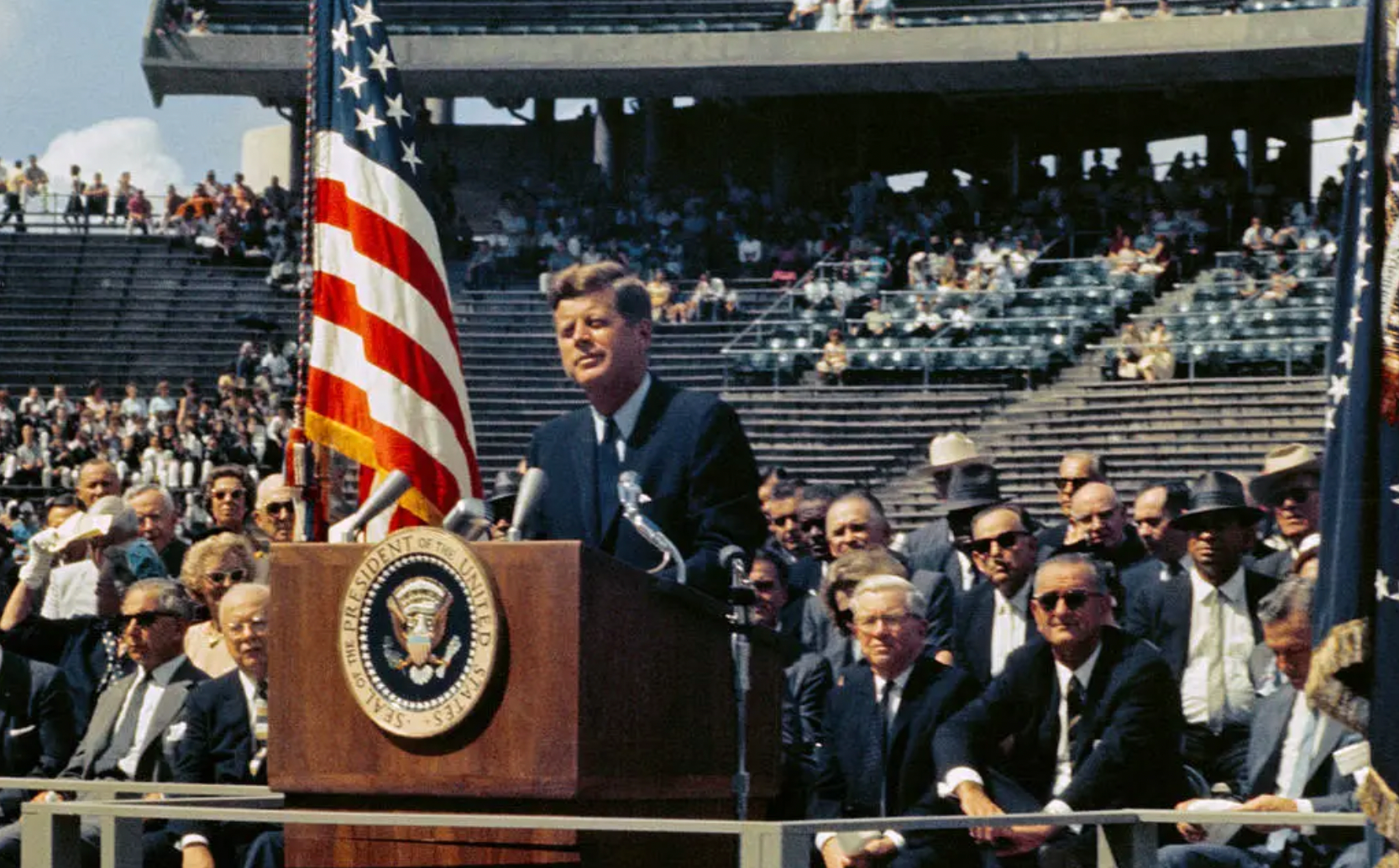
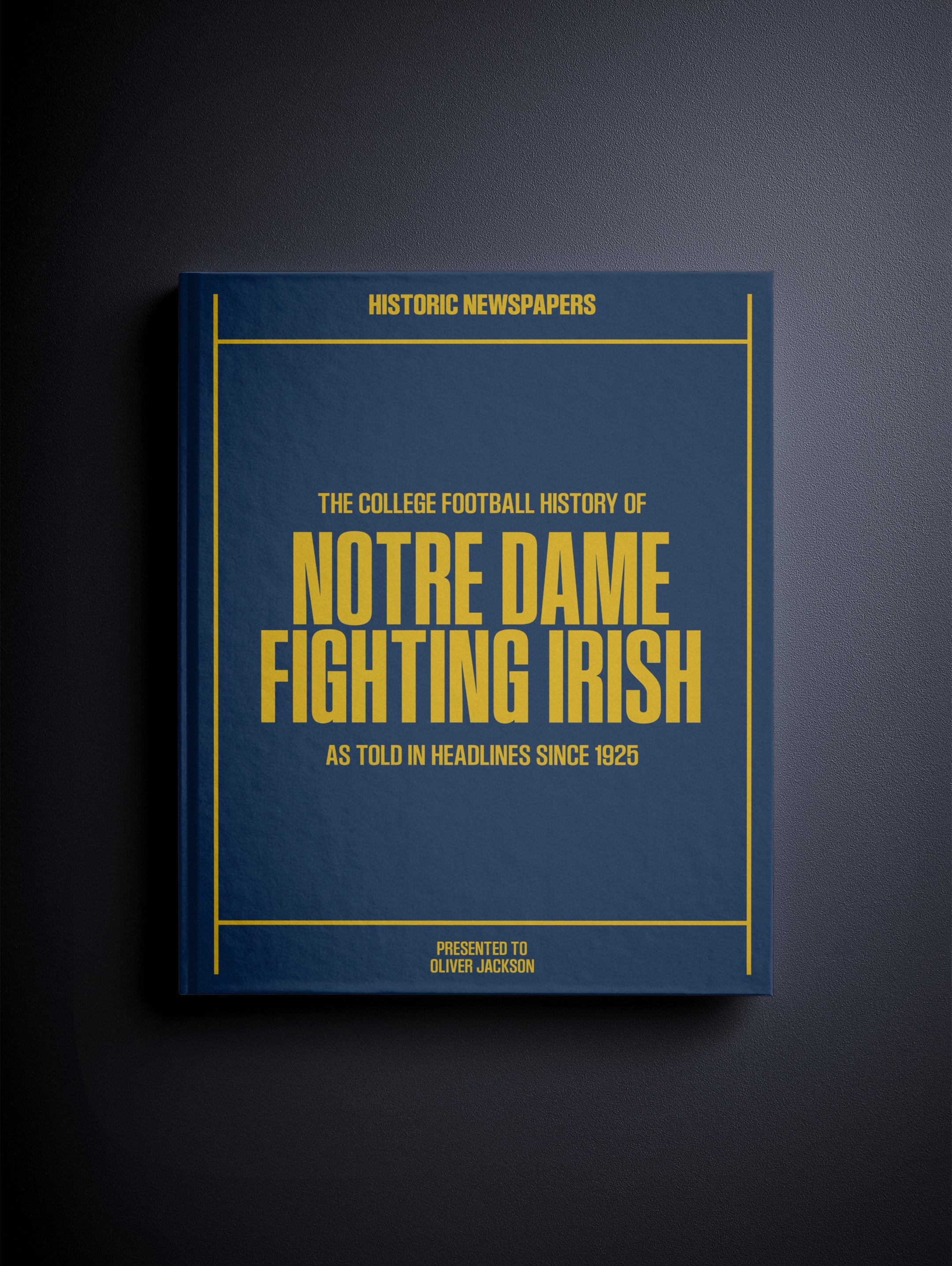
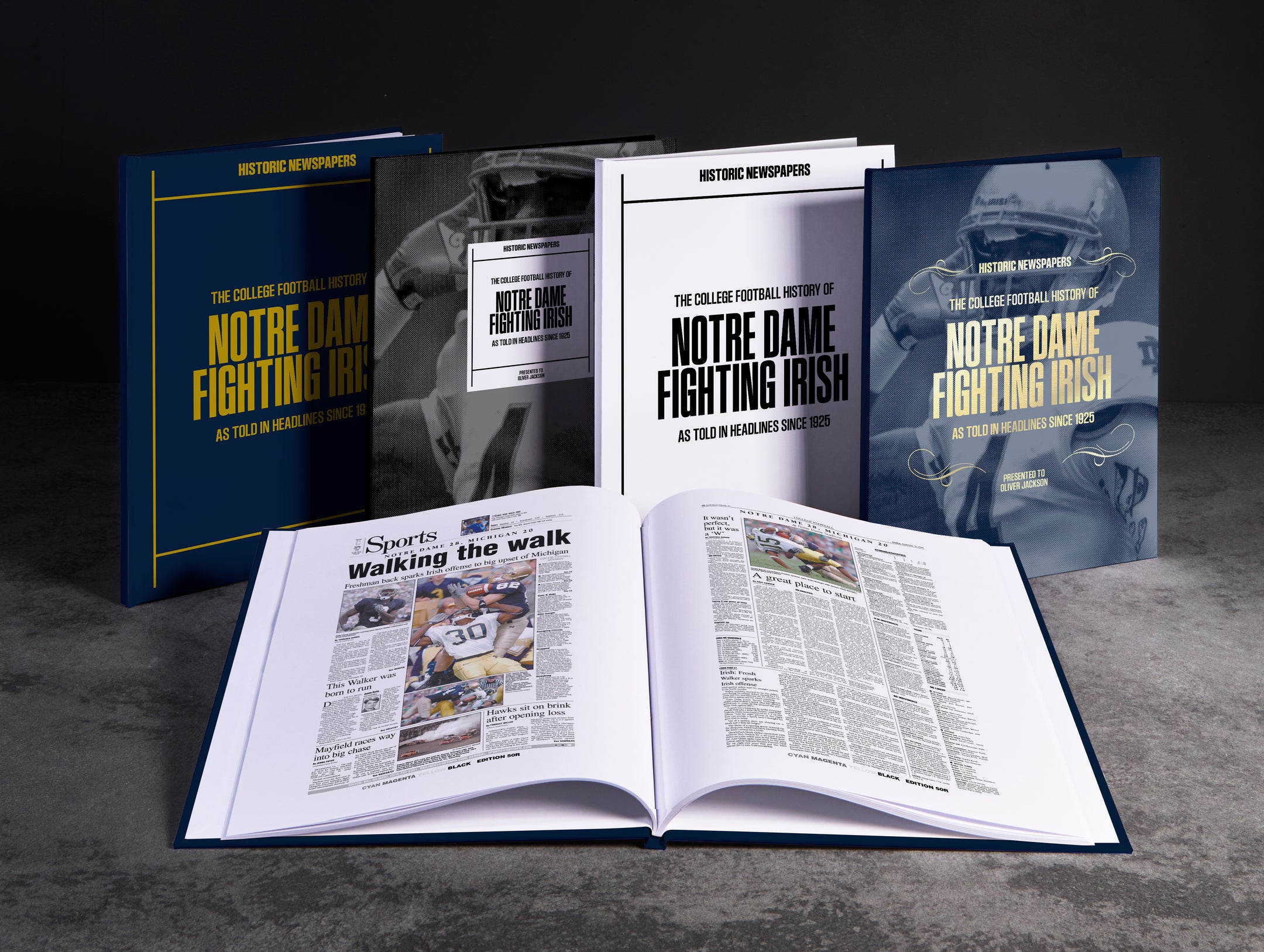
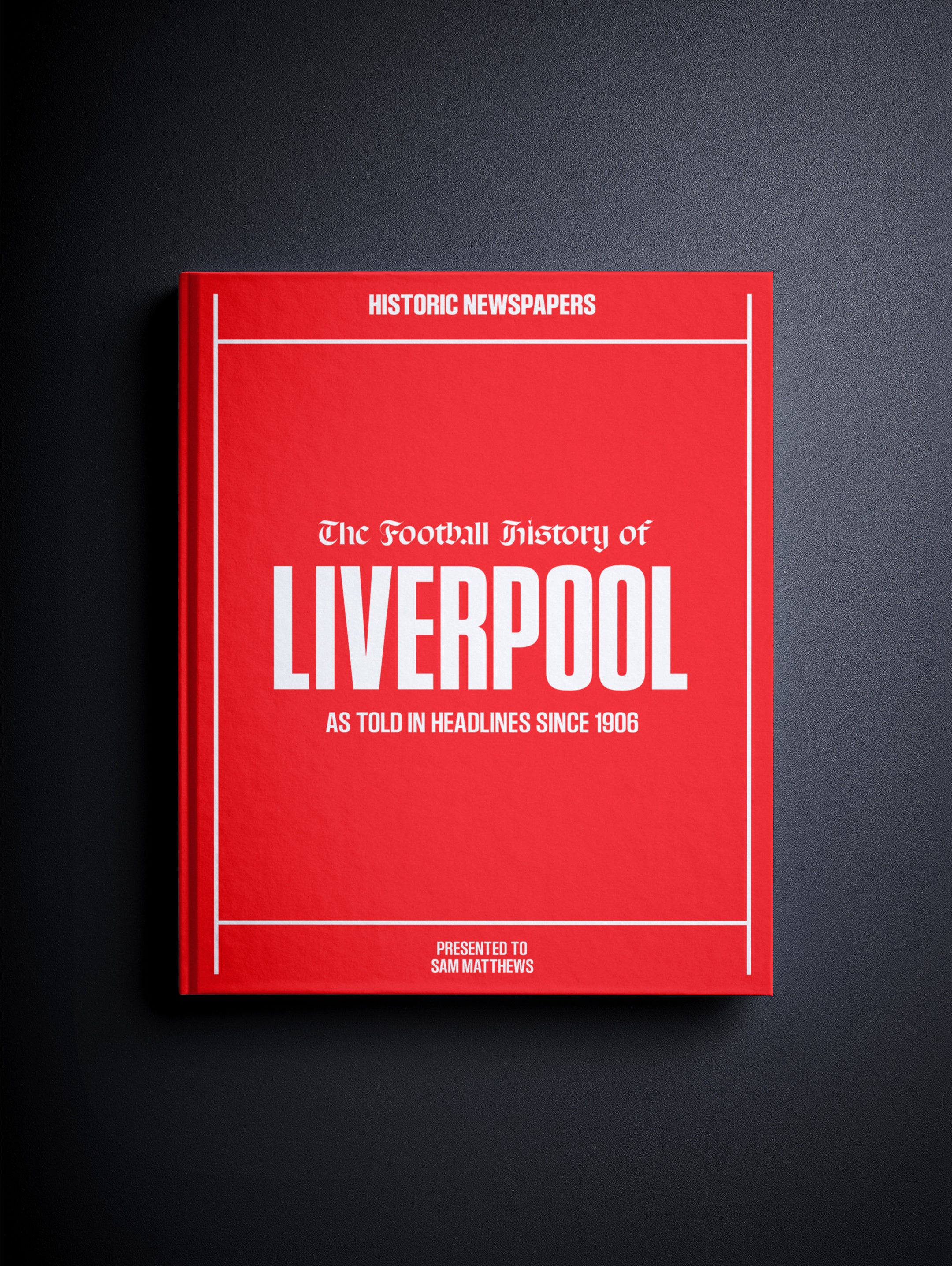
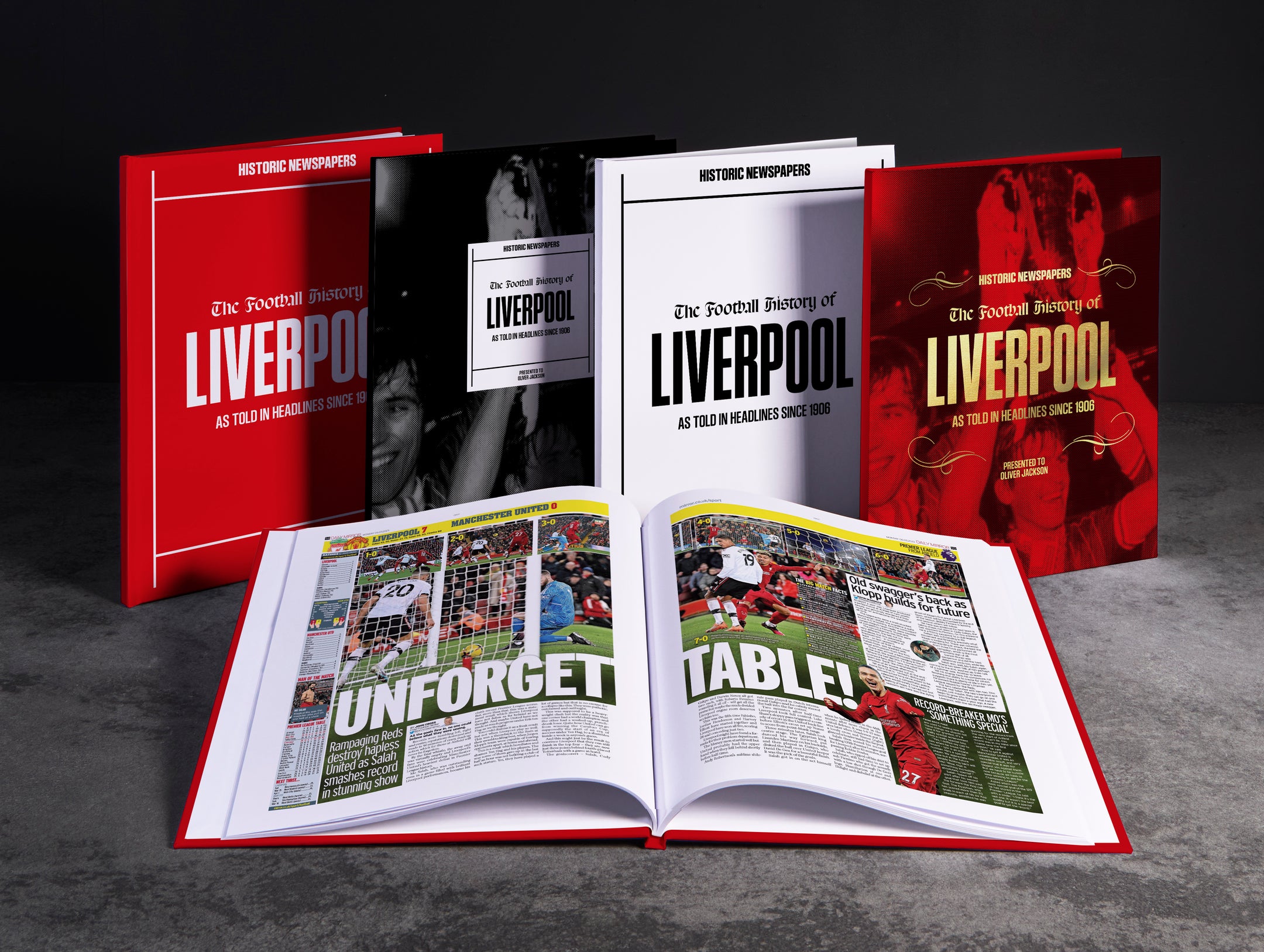


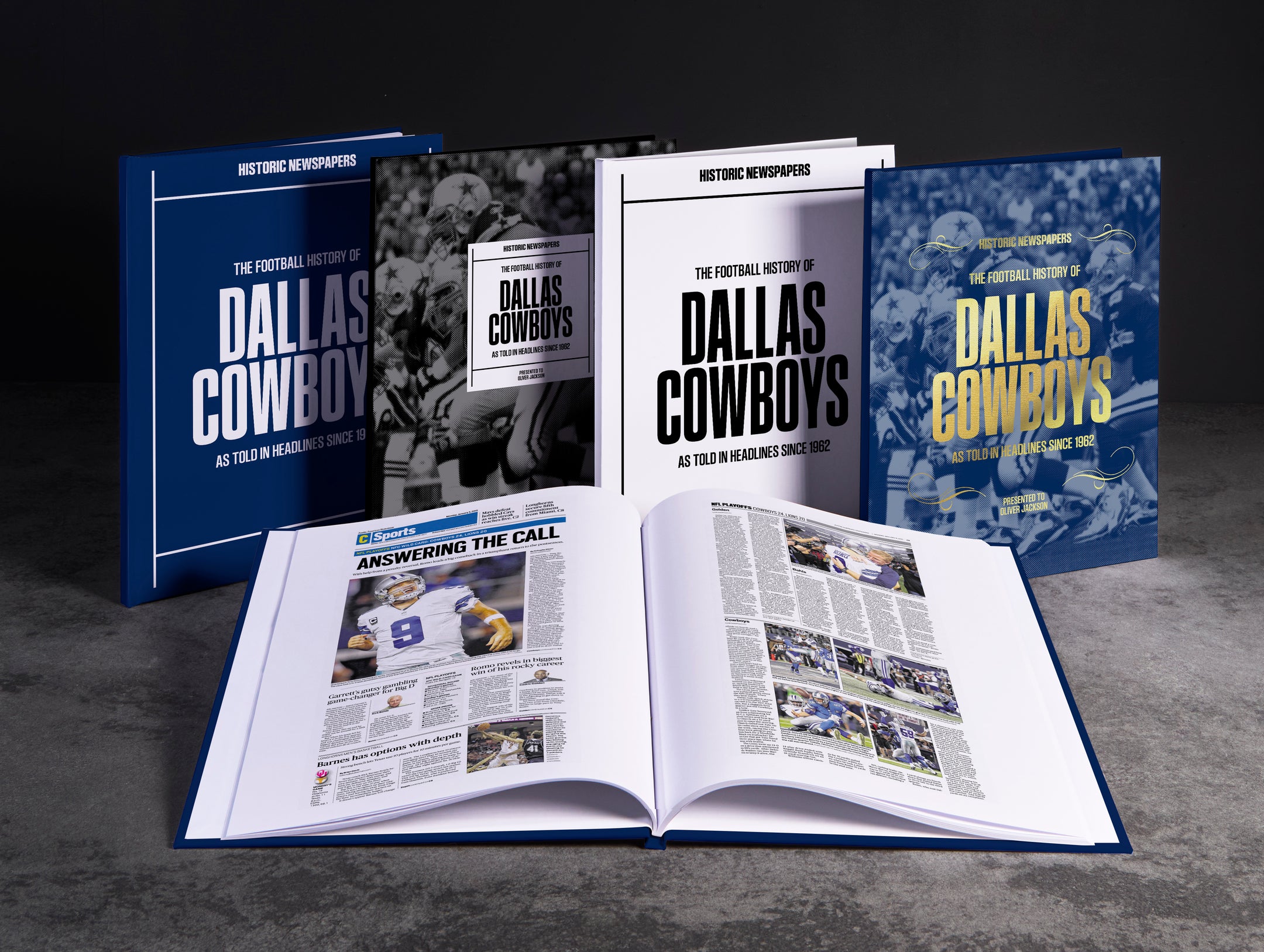
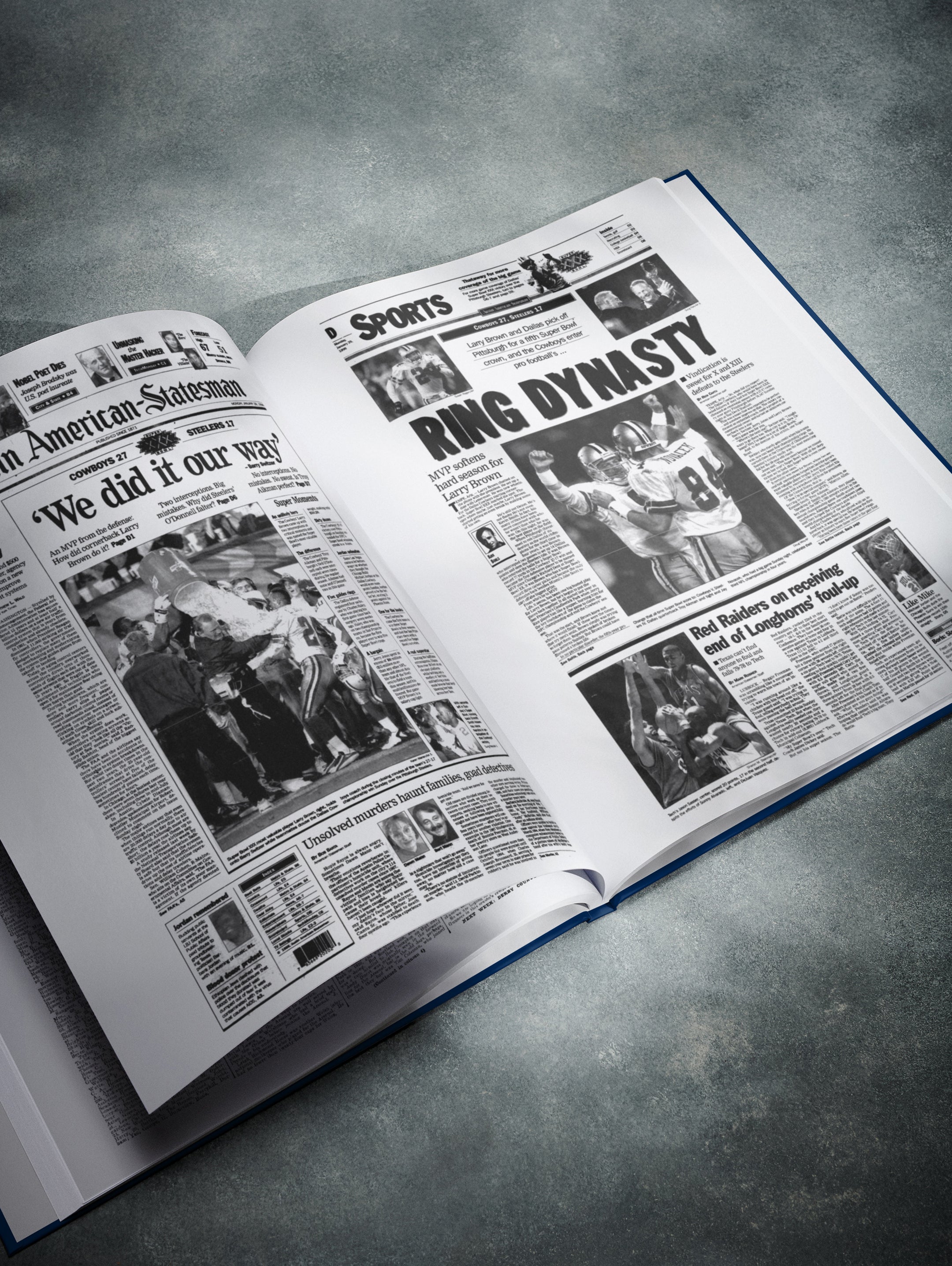
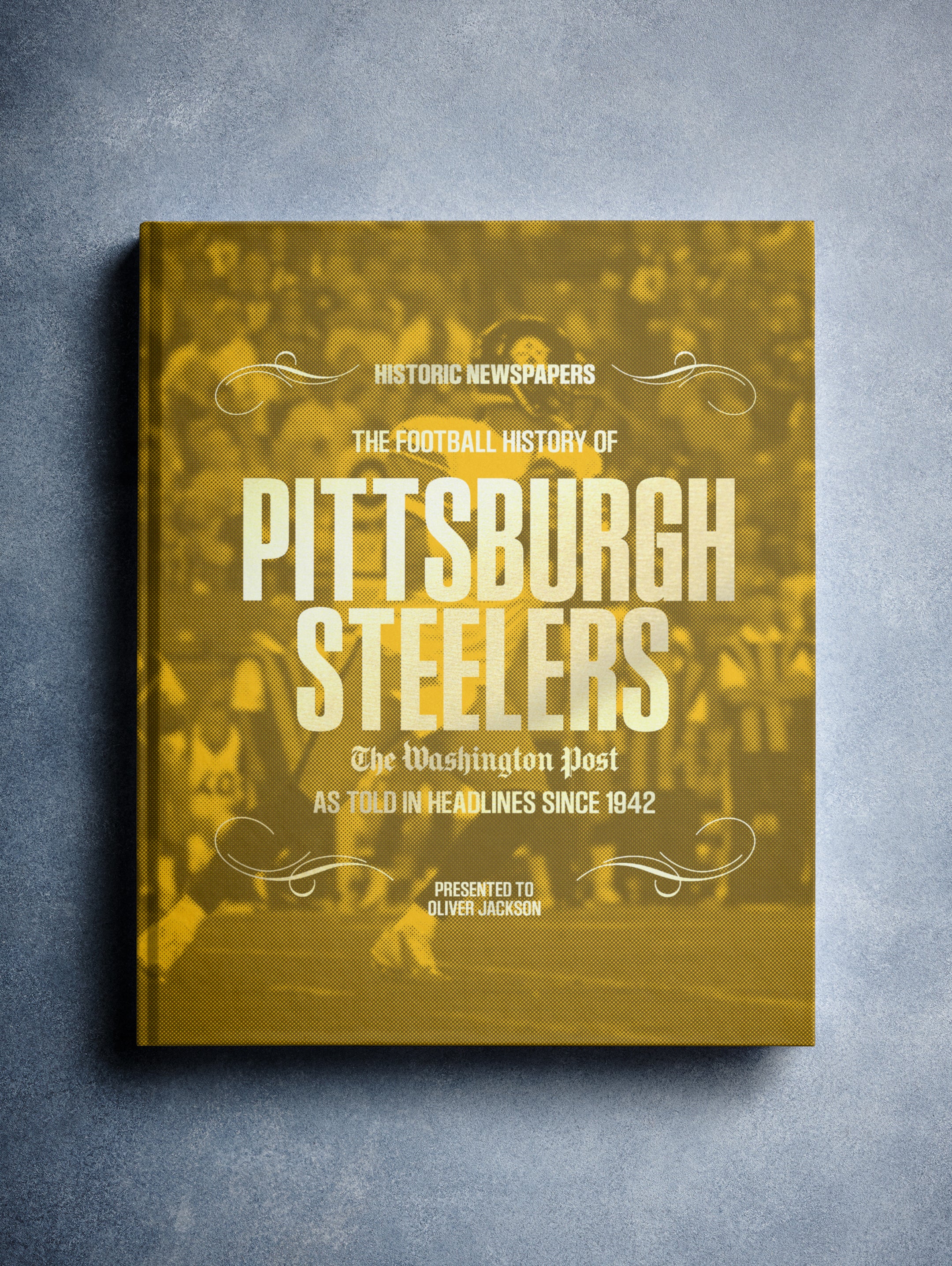

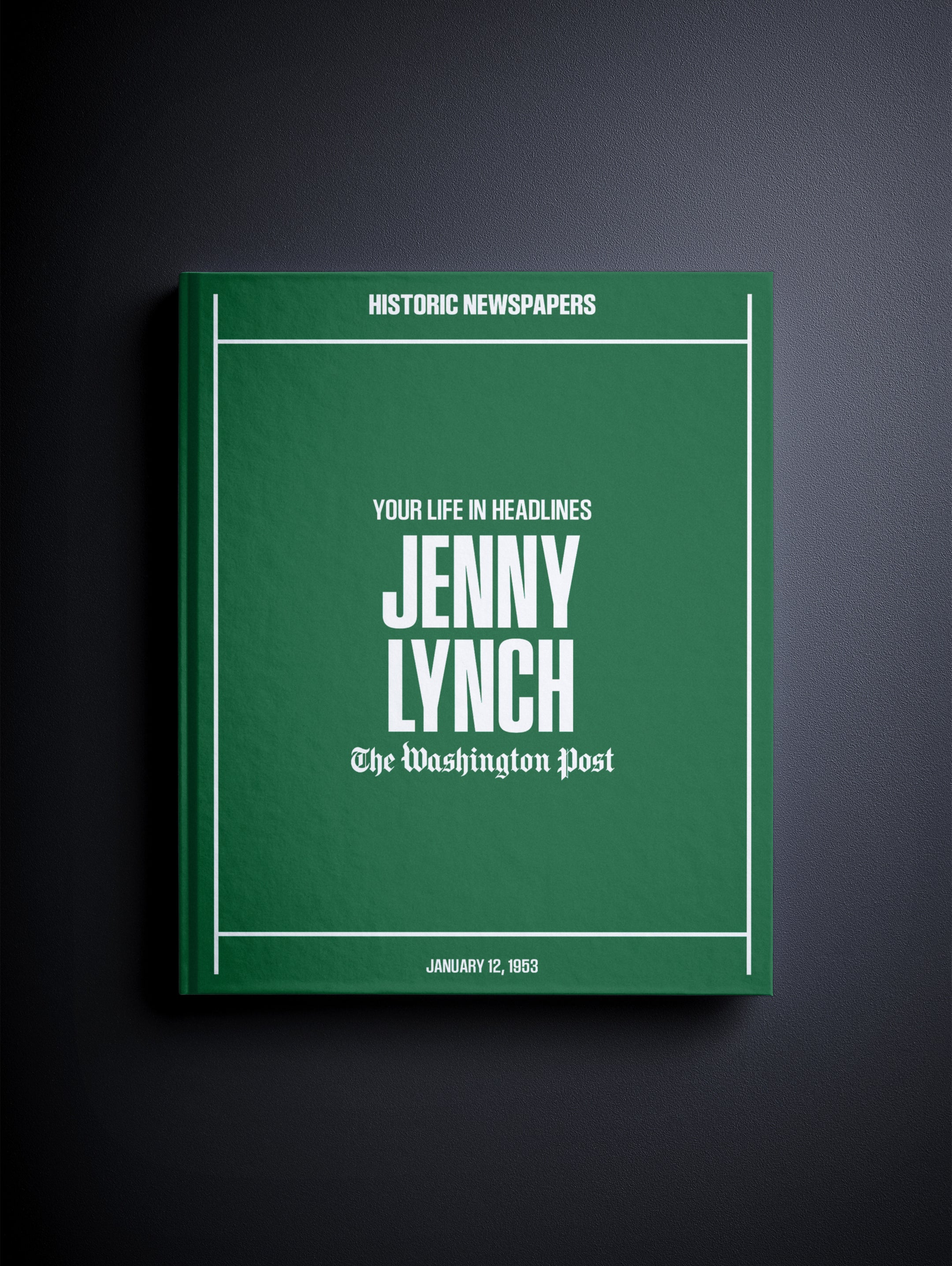
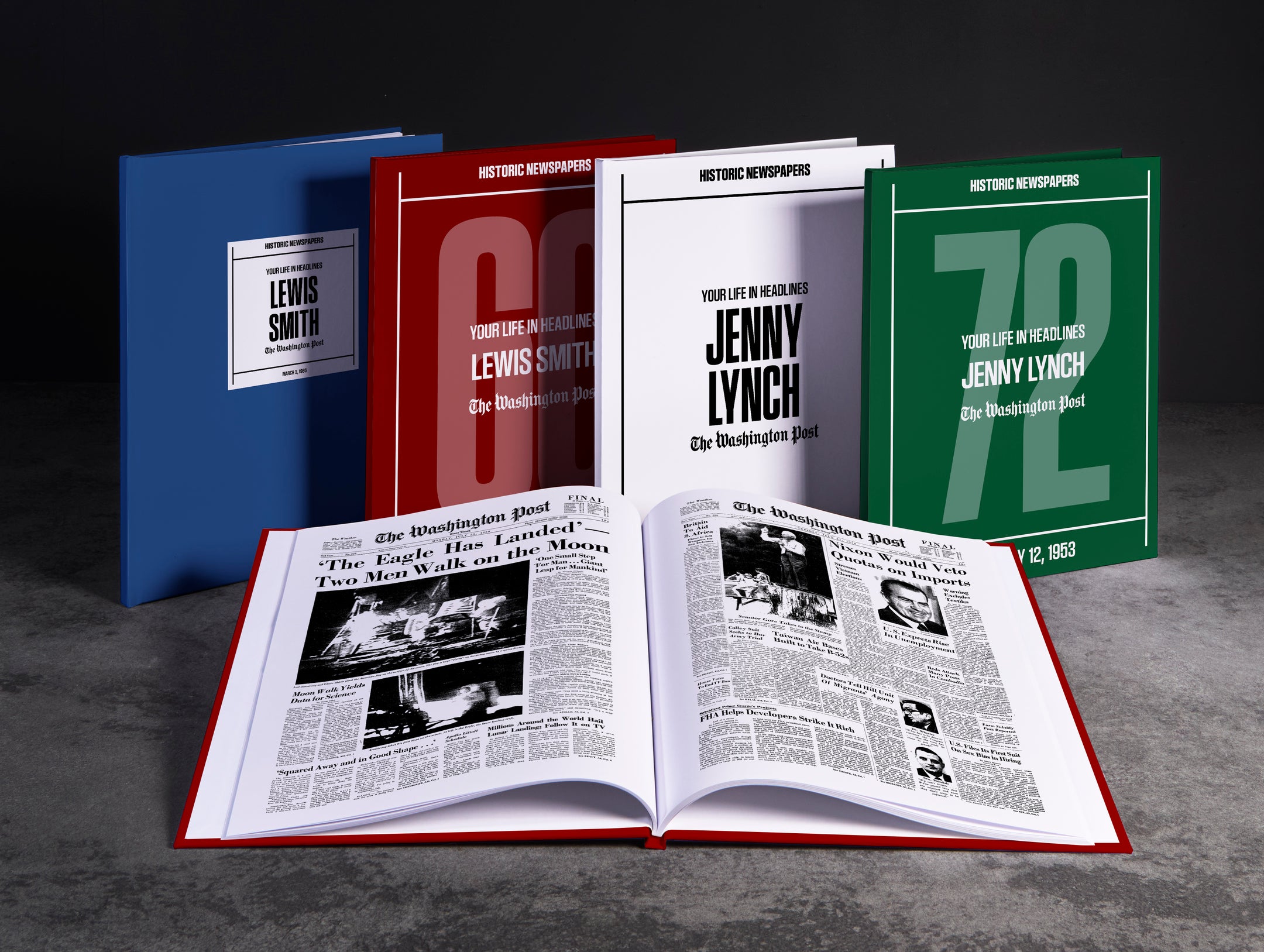


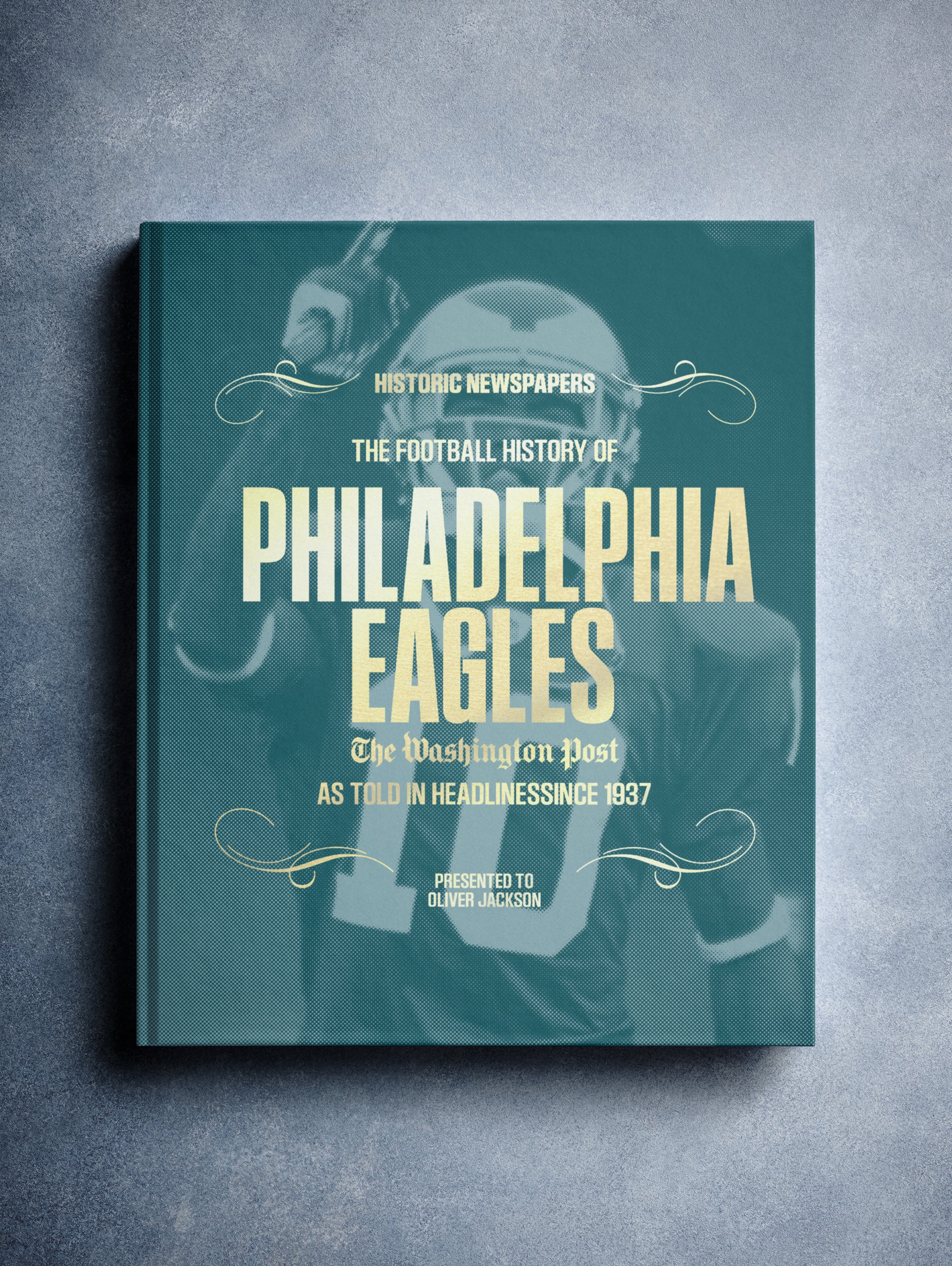

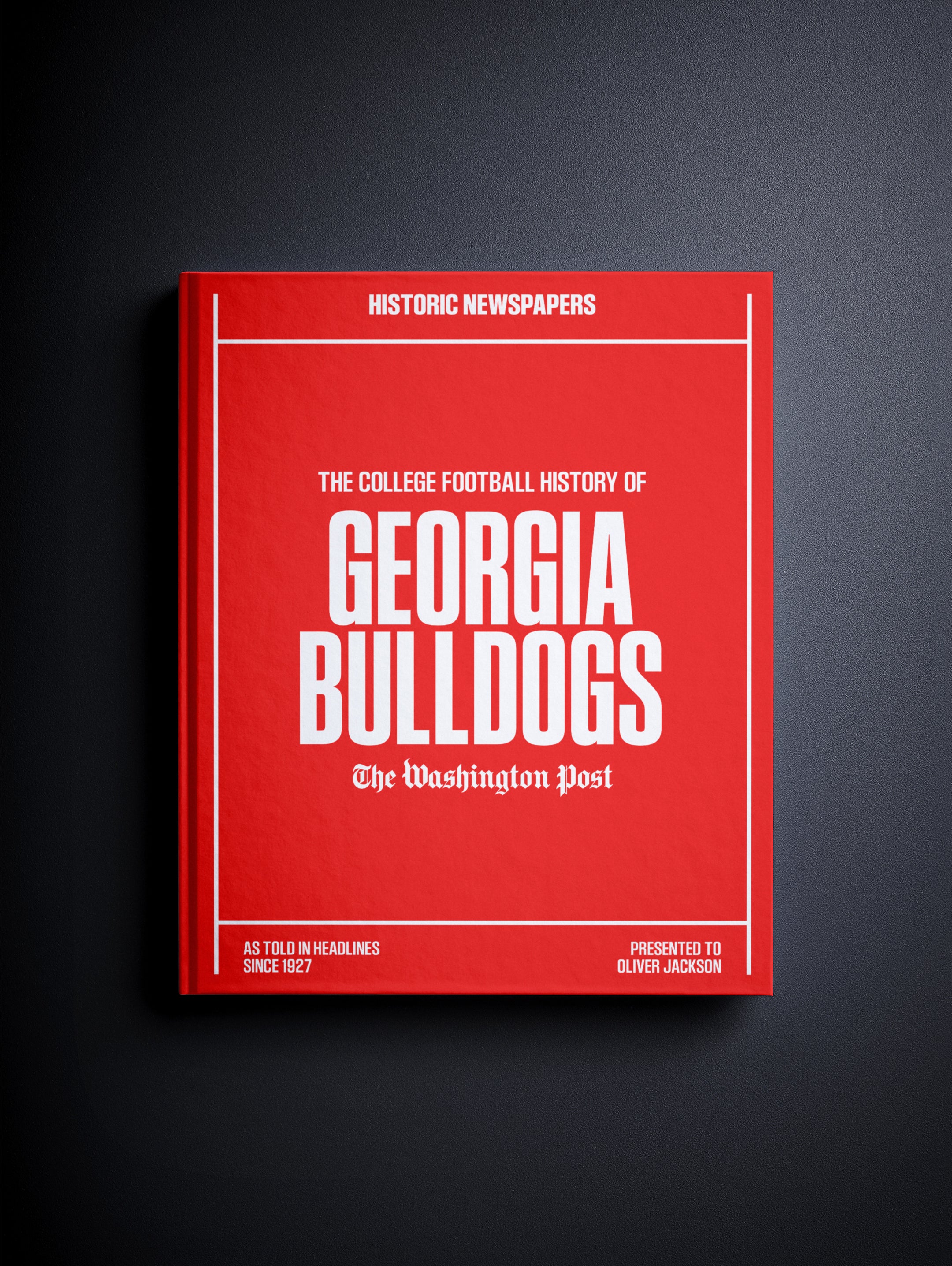

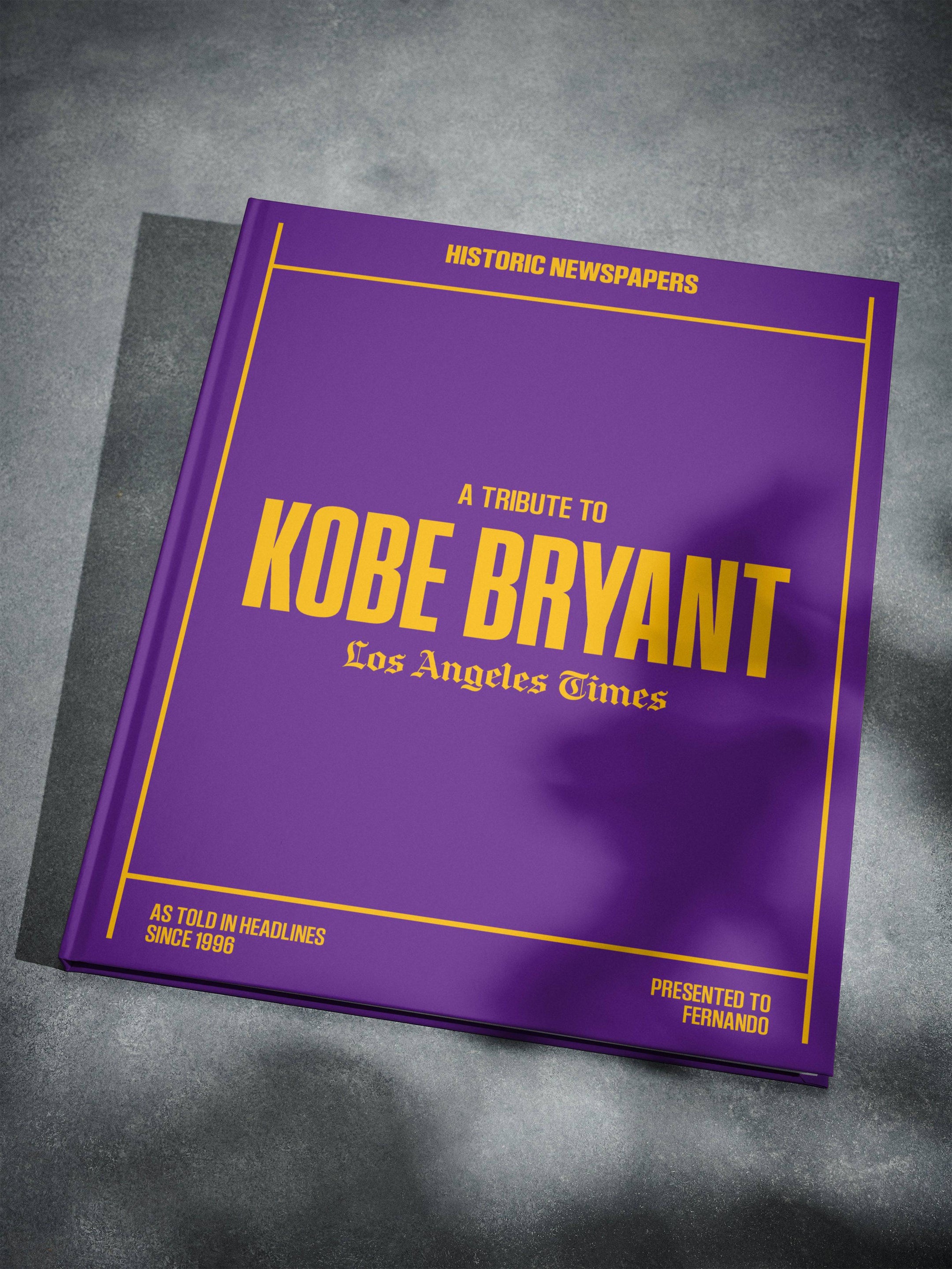
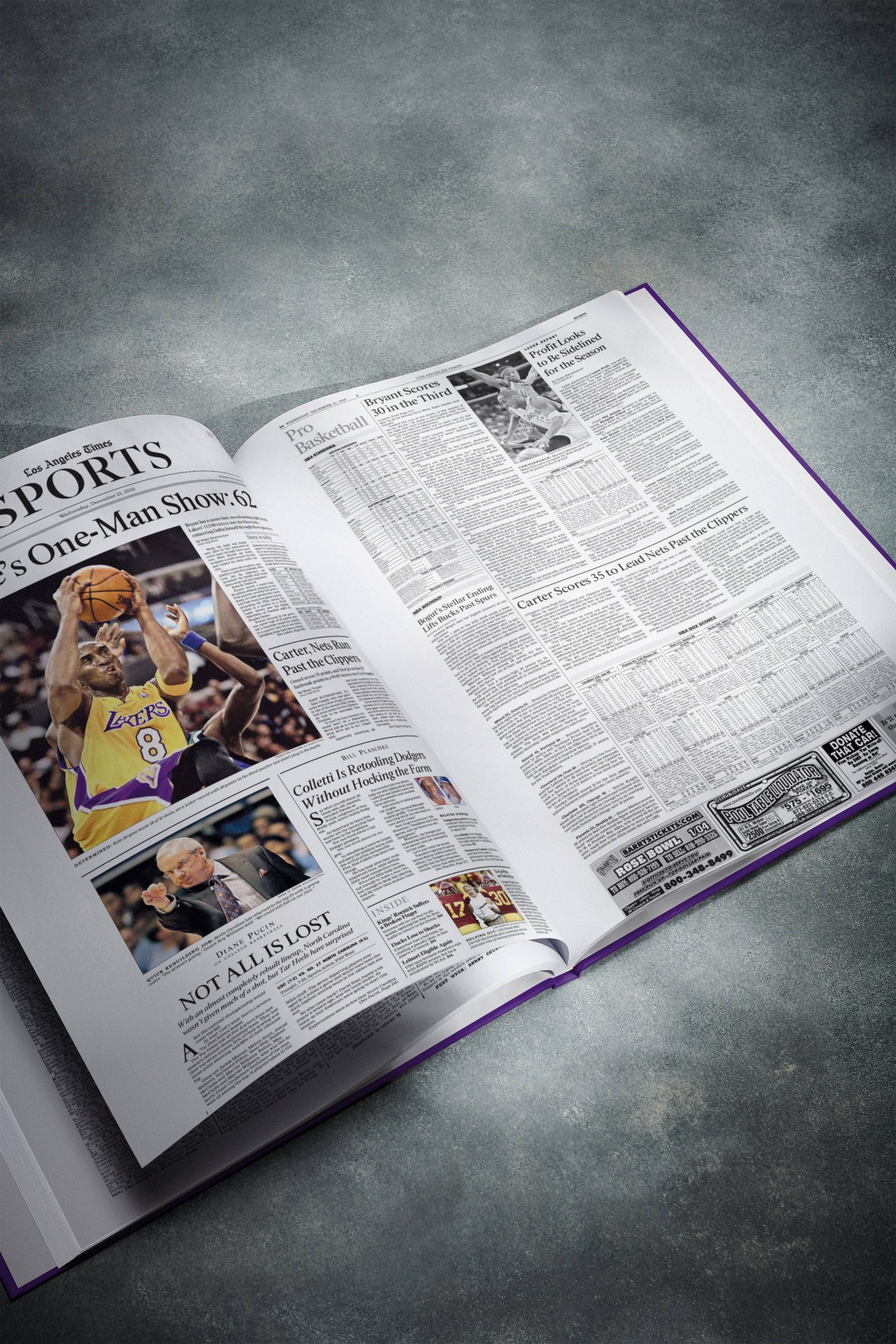
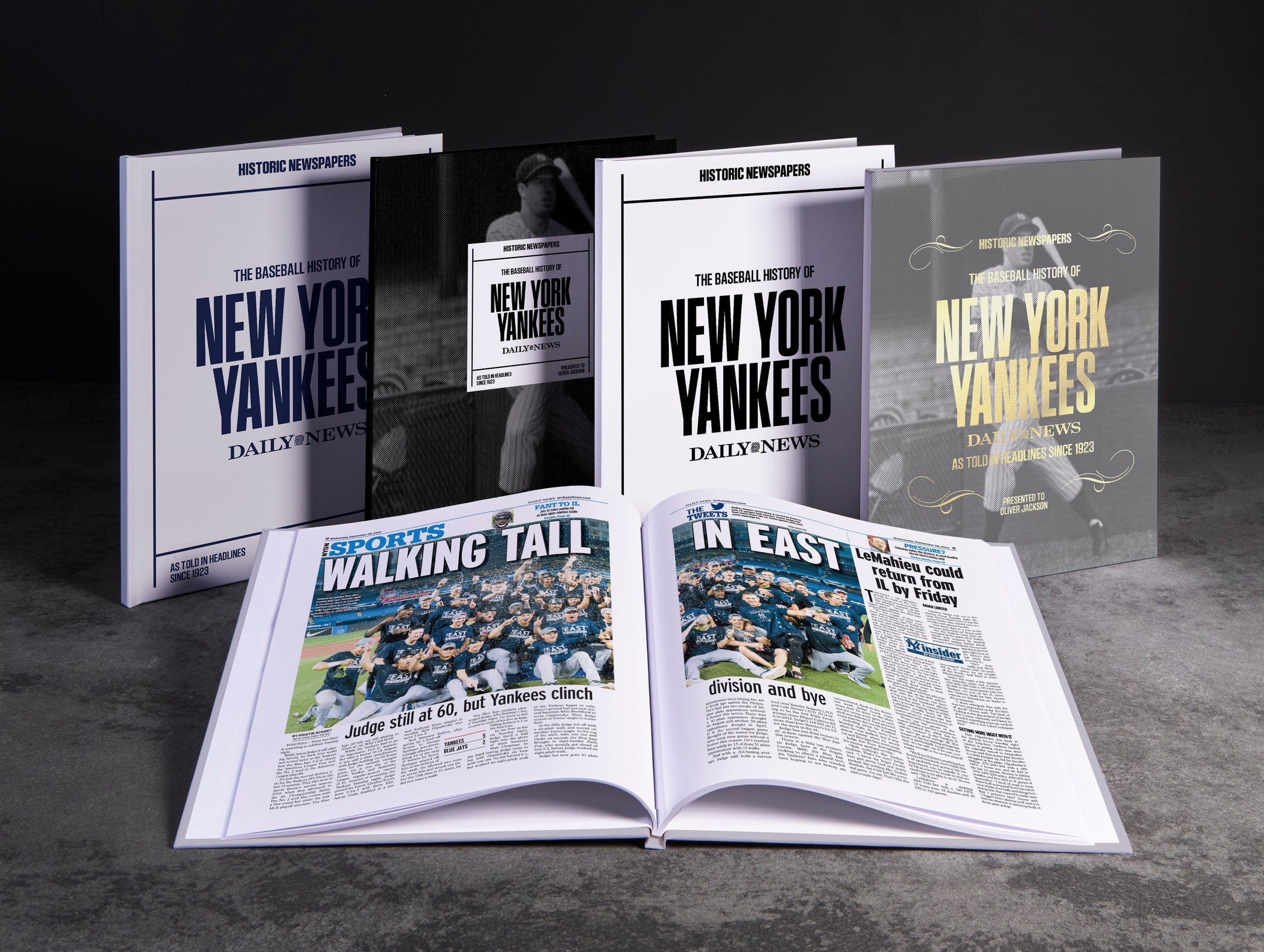
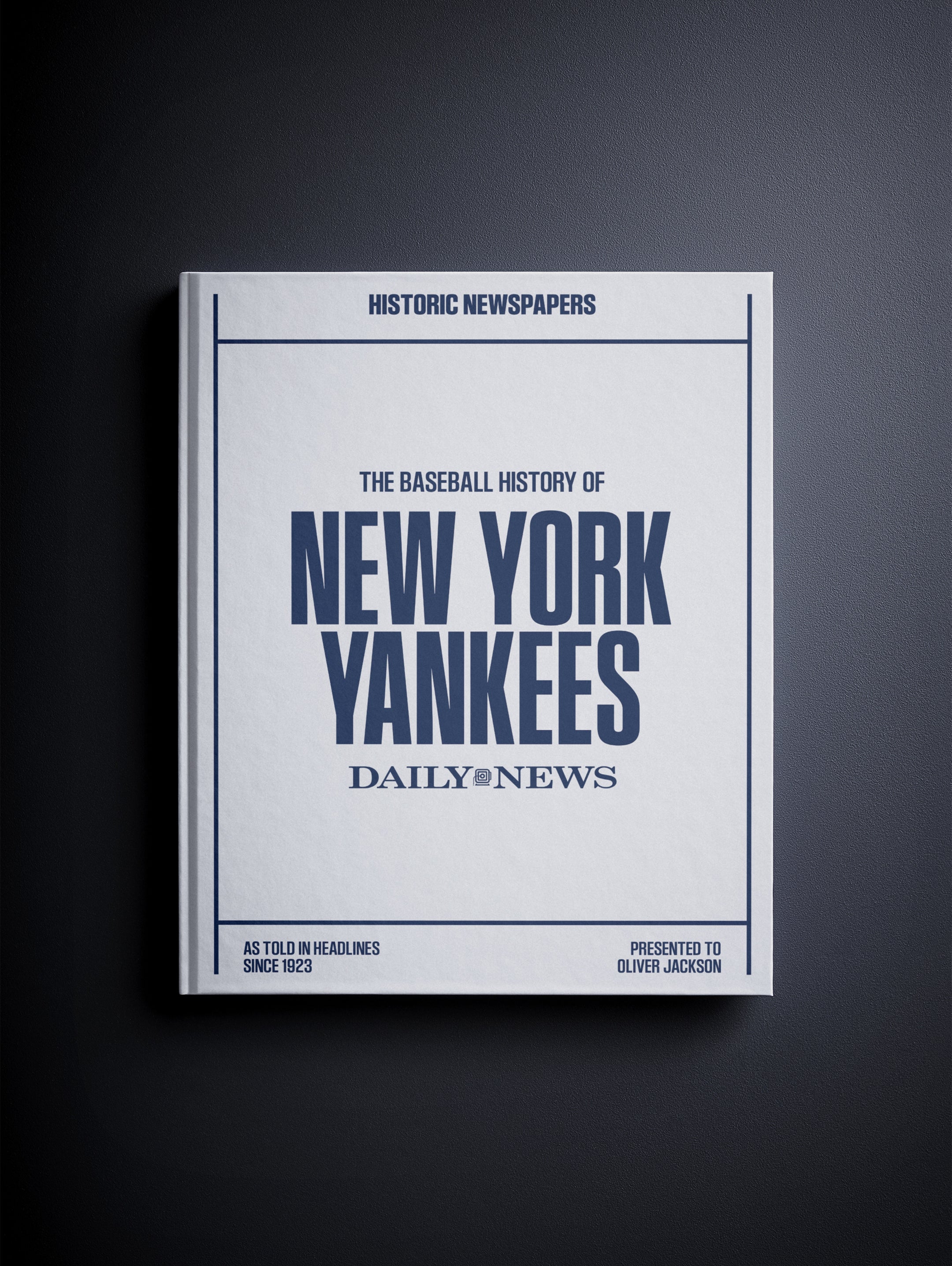
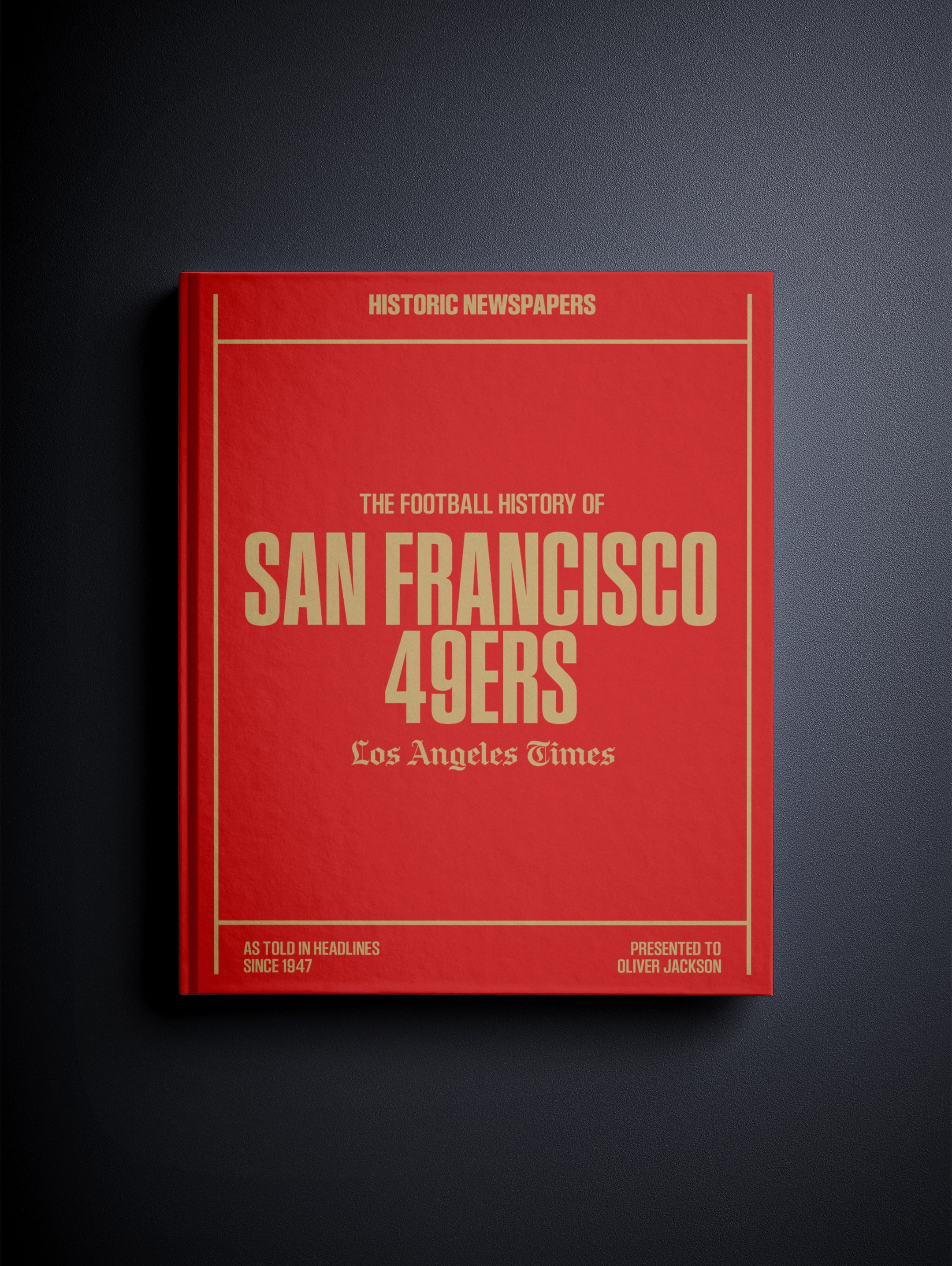
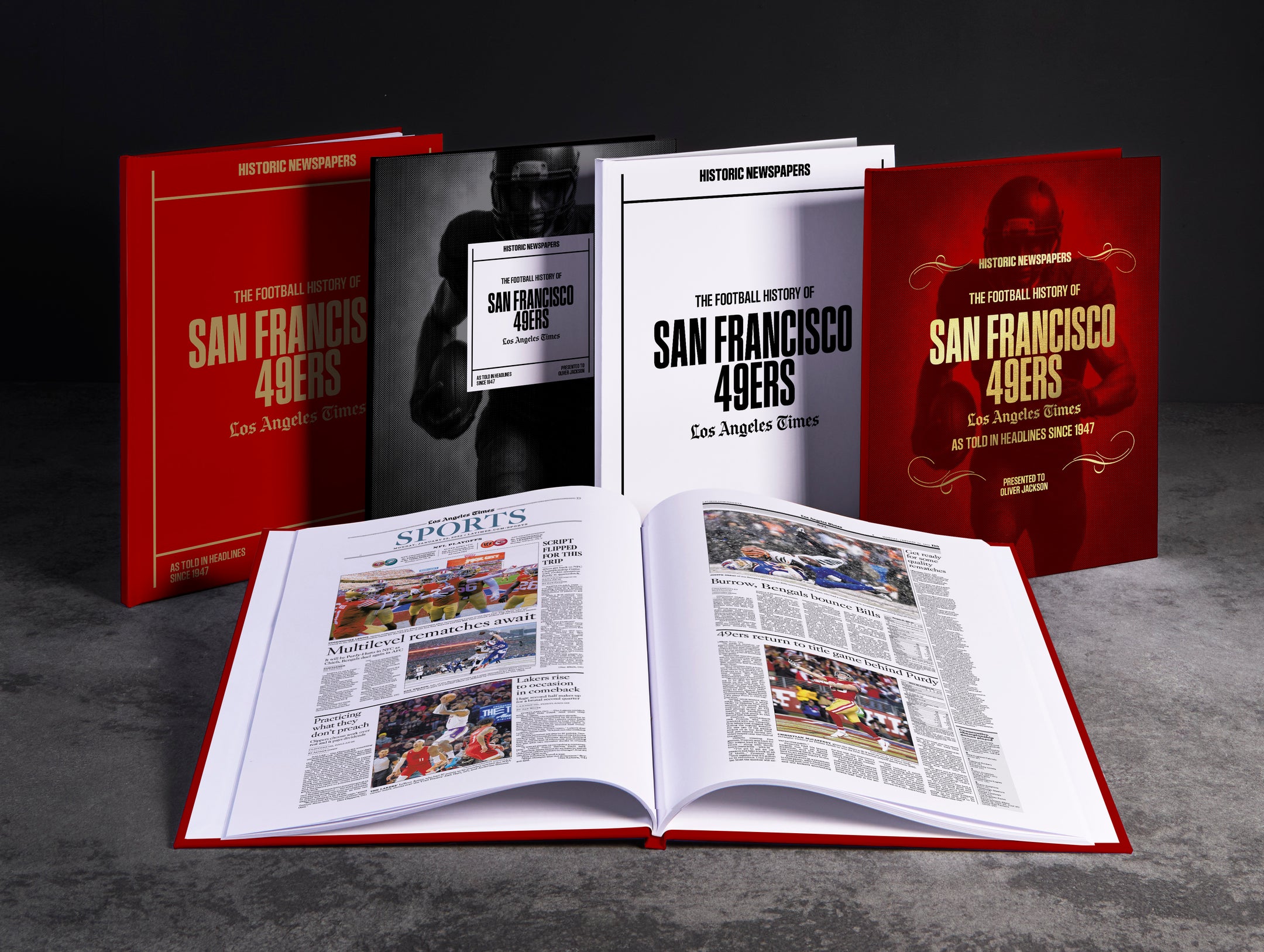
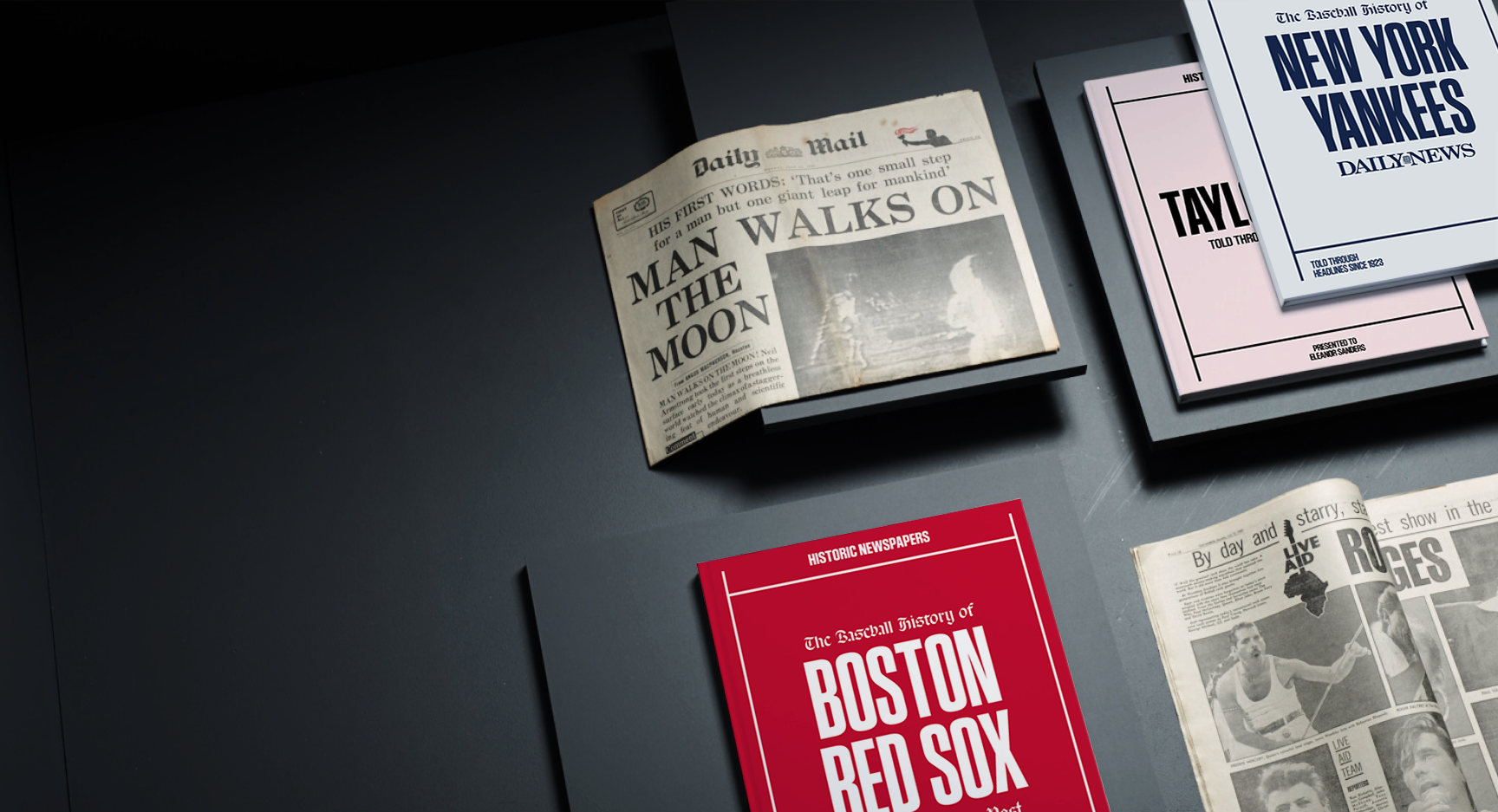
Follow us